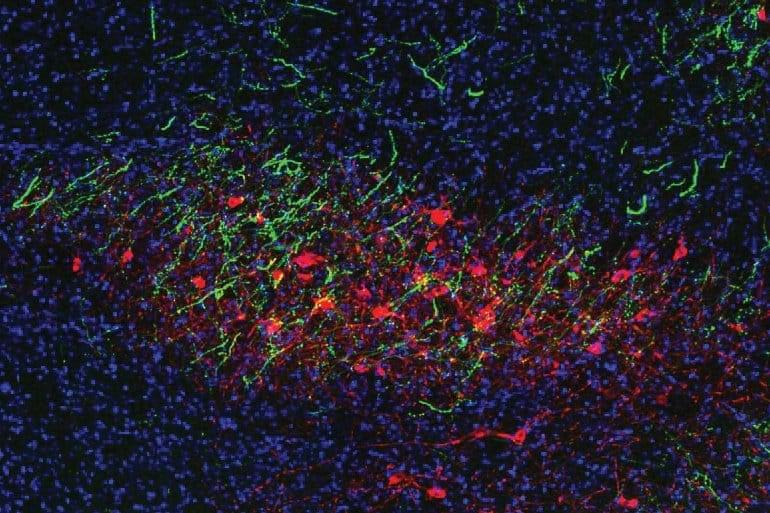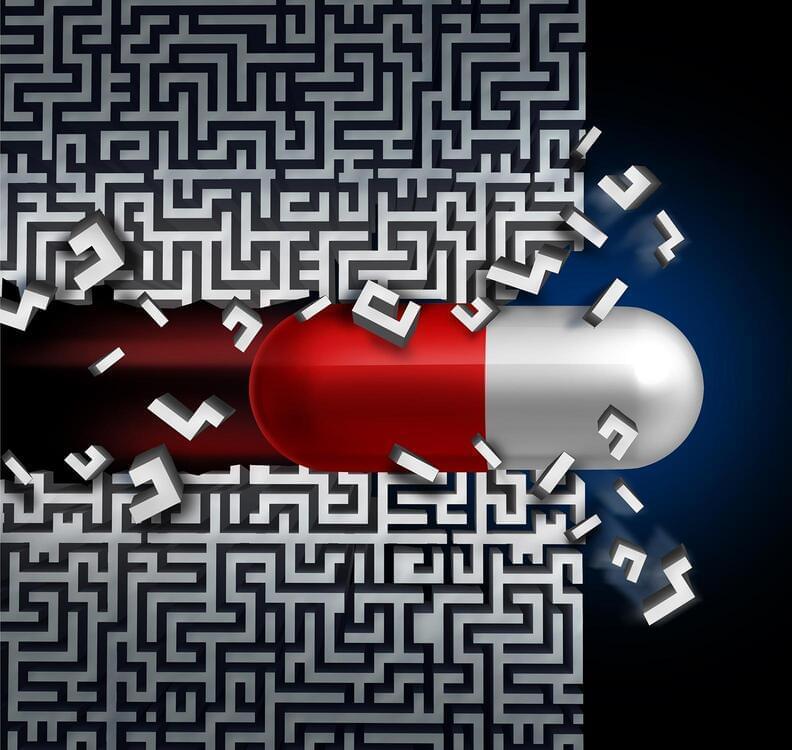Harvard University on Tuesday launched the Kempner Institute for the Study of Natural and Artificial Intelligence, a new University-wide initiative standing at the intersection of neuroscience and artificial intelligence, seeking fundamental principles that underlie both human and machine intelligence. The fruits of discoveries will flow in both directions, enhancing understanding of how humans think, perceive the world around them, make decisions, and learn, thereby advancing the rapidly evolving field of AI.
The institute will be funded by a $500 million gift from Priscilla Chan and Mark Zuckerberg, which was announced Tuesday by the Chan Zuckerberg Initiative. The gift will support 10 new faculty appointments, significant new computing infrastructure, and resources to allow students to flow between labs in pursuit of ideas and knowledge. The institute’s name honors Zuckerberg’s mother, Karen Kempner Zuckerberg, and her parents — Zuckerberg’s grandparents — Sidney and Gertrude Kempner. Chan and Zuckerberg have given generously to Harvard in the past, supporting students, faculty, and researchers in a range of areas, including around public service, literacy, and cures.
“The Kempner Institute at Harvard represents a remarkable opportunity to bring together approaches and expertise in biological and cognitive science with machine learning, statistics, and computer science to make real progress in understanding how the human brain works to improve how we address disease, create new therapies, and advance our understanding of the human body and the world more broadly,” said President Larry Bacow.







